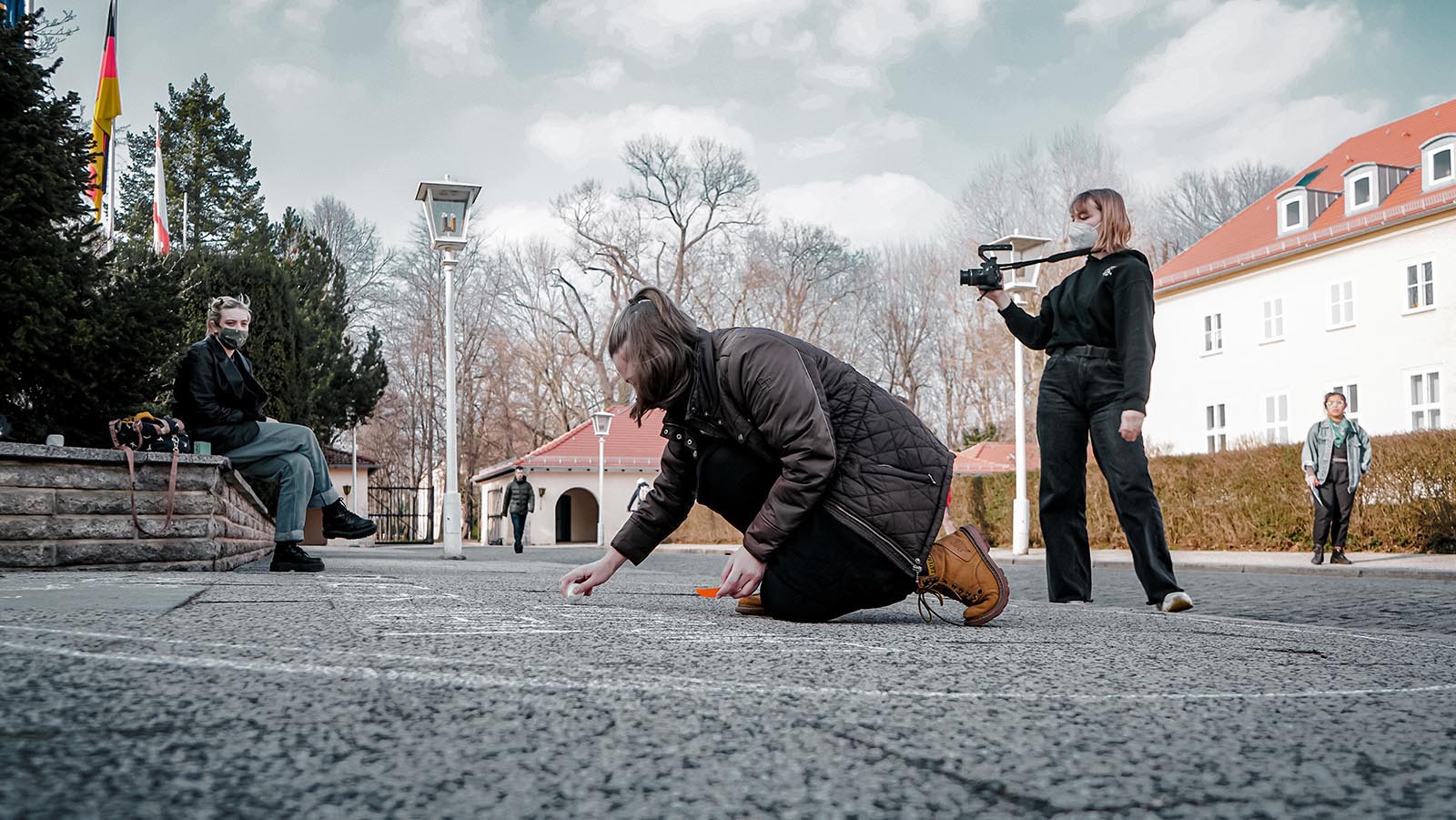Transnational Feminism, Solidarity, and Social Justice built on the inspiring accomplishments of recent courses and initiatives offered at various OSUN colleges and universities and acknowledges the importance of transnational feminism as a toolkit for social-justice activism.
Transnationalism has been a key element of socialist and intersectional feminist movements from their very inception. In the early twentieth century, Clara Zetkin and Alexandra Kollontai worked together closely to advocate for the rights of women workers everywhere. African-American poet, teacher, and activist Audre Lorde connected with her peers across the world – including Black women in Germany – to jointly develop strategies for survival and battle sexual, racial, and class oppression. More recently, scholars and activists Cinzia Arruzza, Tithi Bhattacharya, and Nancy Fraser, in their Feminism for 99%, have built on the accomplishments of the International Women’s Strike (2017) and mobilized for feminist solidarity across borders.
Transnational Feminism, Solidarity, and Social Justice seeked to develop the promising connections available via OSUN to foster feminist collaborations in academia and beyond. It offered a sustainable platform for students and faculty from OSUN institutions to engage in rigorous academic work, inspire each other through artistic practice, and work closely with local and international initiatives to further the feminist agenda for social justice.
Participating faculty come from disciplines ranging from political science and law to media studies and literature:
Al-Quds Bard College
American University of Central Asia (Elena Kim, Mokhira Suyarkulova)
Bard College (Allison McKim, Alys Moody)
Bard College Berlin (Cassandra Ellerbe, Aysuda Kölemen, Agata Lisiak)
University of the Witwatersrand (Srila Roy)
Off-University (Nevra Akdemir, Carmel Christy)
